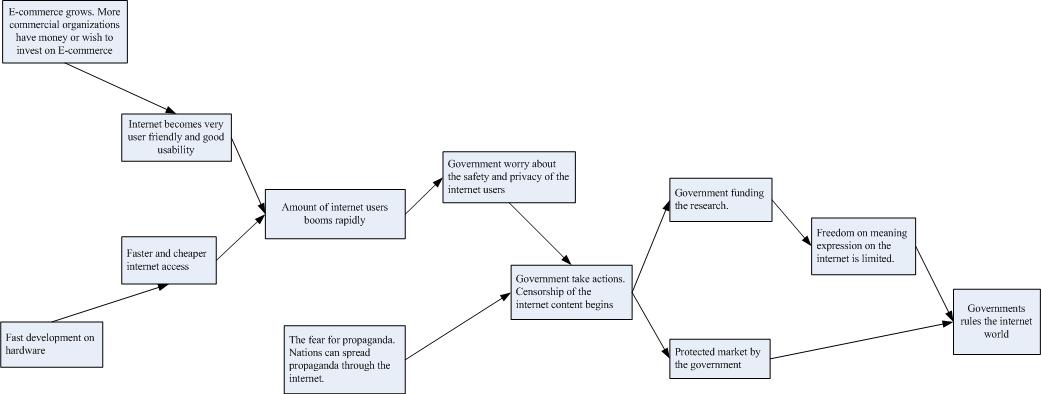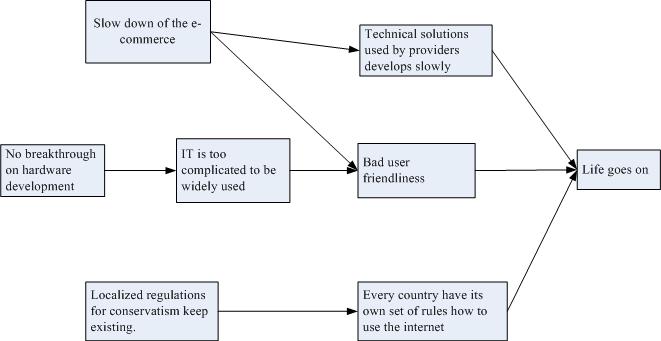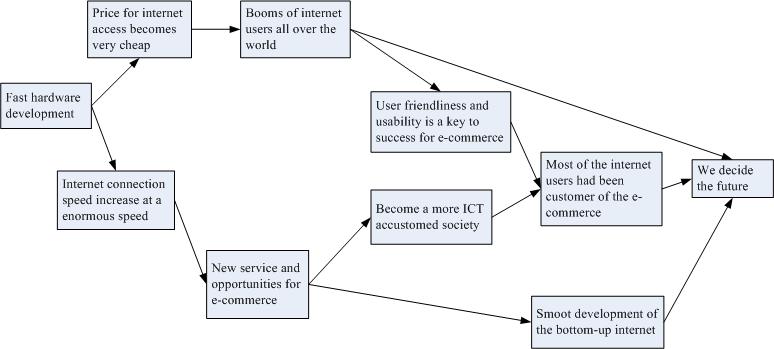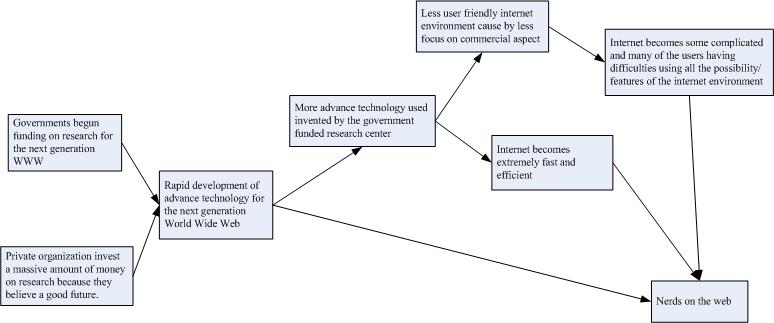Difference between revisions of "Andrew Li"
| Line 3: | Line 3: | ||
===Blu-Ray Disc=== | ===Blu-Ray Disc=== | ||
[[Image:000104-00.gif|thumb]] | [[Image:000104-00.gif|thumb]] | ||
Blu-ray, also known as Blu-ray Disc (BD), is the name of a next-generation optical disc format jointly developed by the Blu-ray Disc Association (BDA), a group of the world's leading consumer electronics, personal computer and media manufacturers (including Apple, Dell, Hitachi, HP, JVC, LG, Mitsubishi, Panasonic, Pioneer, Philips, Samsung, Sharp, Sony, TDK and Thomson). The format was developed to enable recording, rewriting and playback of high-definition video (HD), as well as storing large amounts of data. The format offers more than five times the storage capacity of traditional DVDs and can hold up to 25GB on a single-layer disc and 50GB on a dual-layer disc. This extra capacity combined with the use of advanced video and audio codecs will offer consumers an unprecedented HD experience. | Blu-ray, also known as /*hgfhgfh*/Blu-ray Disc (BD), is the name of a next-generation optical disc format jointly developed by the Blu-ray Disc Association (BDA), a group of the world's leading consumer electronics, personal computer and media manufacturers (including Apple, Dell, Hitachi, HP, JVC, LG, Mitsubishi, Panasonic, Pioneer, Philips, Samsung, Sharp, Sony, TDK and Thomson). The format was developed to enable recording, rewriting and playback of high-definition video (HD), as well as storing large amounts of data. The format offers more than five times the storage capacity of traditional DVDs and can hold up to 25GB on a single-layer disc and 50GB on a dual-layer disc. This extra capacity combined with the use of advanced video and audio codecs will offer consumers an unprecedented HD experience. | ||
[[Image:Logos-13265.jpg|thumb|Supporters of BD]] | [[Image:Logos-13265.jpg|thumb|Supporters of BD]] | ||
Revision as of 02:32, 10 May 2006
Object From the Future
Blu-Ray Disc
Blu-ray, also known as /*hgfhgfh*/Blu-ray Disc (BD), is the name of a next-generation optical disc format jointly developed by the Blu-ray Disc Association (BDA), a group of the world's leading consumer electronics, personal computer and media manufacturers (including Apple, Dell, Hitachi, HP, JVC, LG, Mitsubishi, Panasonic, Pioneer, Philips, Samsung, Sharp, Sony, TDK and Thomson). The format was developed to enable recording, rewriting and playback of high-definition video (HD), as well as storing large amounts of data. The format offers more than five times the storage capacity of traditional DVDs and can hold up to 25GB on a single-layer disc and 50GB on a dual-layer disc. This extra capacity combined with the use of advanced video and audio codecs will offer consumers an unprecedented HD experience.
The key technologies of Blu-ray is the blue-violet laser that is used to write the data to the disc. This blue laser has a much shorter wavelength than the current red laser DVD system, which makes it possible to read and write smaller pits, as a result, these discs can hold up to 25 GB of data on a single sided single layer 12cm disc.
Strongest competitor
The HD-DVD (High Definition DVD) is currently the stongest competitor of Blu-ray Disk. It have low production cost as advantage.
which format will become the next standard for movie and data storage?
BD will be the next generation for movie and data storage :
- more in capacity
- many and whealty companies supporting the blu-ray
- Longer lifespan in use by higher capacity.
- more innovative
Research Questions
-
What is blogs ? And why using blogs?
- A blog (short for "Web log") is a cross between a personal diary and a list of links to articles on the Web. Internet users can create them, and anyone surfing the Web can read them.
- Everyone can express his meaning/thought or sharing information on a easy way.
- In Web 1.0, a small number of writers created Web pages for a large number of readers. Over time, however, more and more people started writing content in addition to reading it.
- New search engines, an online marketplace, solutions for spam, communication.
- People have stuff they want to share (or axes to grind or stuff they want to say), so giving them a place to express themselves and a community of users to share it with will result in a system that grows exponentially through the network effect to become more than the sum of its parts
- According to some expert bottom-up internet infrastructure is the key to achieve a knowledge-based society. It can change peoples lifestyle, knowledge, view, politics … etc.
- The study estimates that 4.8 million persons have at some time during 2005 downloaded a podcast from either a radio station or other source. While in 2004 only 820,000 podcast users.
- More interestingly, on average less than 20% listen to their podcast downloads on an MP3 player or other digital device.
- By 2010 podcast audience growth is expected to reach a conservative 45 million users who will have ever listened to a podcast. Aggressive estimates place this number closer to 75 million by this date.
Driving forces
- Name: More possibility by faster internet connection.
- What: As internet connection speed keeps increasing, people want to share/download music, movie or information with/from others. Therefore WebLogs, P2P networks, bittorrents and different file sharing system arise.
- Enablers: Internet users with broadband/DSL is growing rapidly. And the speed also increasing.
DSL users in 2004 85,300,000. - Inhibitors: Internet too complicated to use for people of older generation.
- Paradigms: Internet is becoming more usefull. young and old people can use it. Its becomes something that every household must have.
- Name: Freedom of speaking.
- What: As new technology develops, more and more people have access to the internet at low cost. And so more and more people wants/needs to express his meaning/thought. And some people wants Freedom on expression, especially in China where use internet is restricted. But in a community using blog they can talk about anything, including politics and sex. Since China have the second highest number of internet users on the world, the influence will be great.
- Enablers: Use of Blog is free.
- Inhibitors: Not sure what the chinees government will do in the future.
- Paradigms: Change in lifestyle, political view and the way of thinking.
- Resource: CNN TV news.
article: The 'blog' revolution sweeps across China - Name: New service opportunity.
- What: Companies try differentiate from his competitors by prividing better services. This triggers the trend of using RSS by commercial websites in the beginning. Or the web-service like amazone, ebay, MyYahoo, Gmail ... are provided.
- Enablers: RSS is very simple to use, as its name said: RSS = Really Simple Syndication.
- Inhibitors: ---
- Paradigms: ---
- Web Resources: For more information about RSS.






